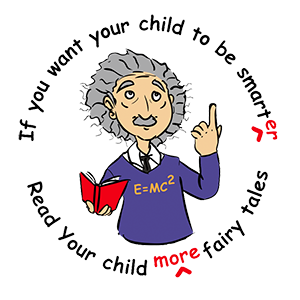Poetics (Samuel H. Butcher Translation) Unit Two, Chapter 4 & 5
by Aristotle
Written Text
A Translation by S. H. Butcher
IV [Imitation, and Harmony and Rhythm]
Poetry in general seems to have sprung from two causes, each of them lying deep in our nature. First, the instinct of imitation is implanted in man from childhood, one difference between him and other animals being that he is the most imitative of living creatures, and through imitation learns his earliest lessons; and no less universal is the pleasure felt in things imitated....
Imitation, then, is one instinct of our nature. Next, there is the instinct for 'harmony' and rhythm, metres being manifestly sections of rhythm. Persons, therefore, starting with this natural gift developed by degrees their special aptitudes, till their rude improvisations gave birth to Poetry....
Tragedy advanced by slow degrees; each new element that showed itself was in turn developed. Having passed through many changes, it found its natural form, and there it stopped.
Aeschylus first introduced a second actor; he diminished the importance of the Chorus, and assigned the leading part to the dialogue. Sophocles raised the number of actors to three, and added scene-painting. Moreover, it was not till late that the short plot was discarded for one of greater compass, and the grotesque diction of the earlier satyric form for the stately manner of Tragedy.....
V [Tragedy Contrasted with Epic]
....Epic poetry agrees with Tragedy in so far as it is an imitation in verse of characters of a higher type. They differ, in that Epic poetry admits but one kind of metre, and is narrative in form. They differ, again, in their length: for Tragedy endeavors, as far as possible, to confine itself to a single revolution of the sun, to one complete day, or but slightly to exceed this limit; whereas the Epic action has no limits of time. This, then, is a second point of difference; though at first the same freedom was admitted in Tragedy as in Epic poetry.
Of their constituent parts some are common to both, some peculiar to Tragedy, whoever, therefore, knows what is good or bad Tragedy, knows also about Epic poetry. All the elements of an Epic poem are found in Tragedy, but the elements of a Tragedy are not all found in the Epic poem.
…………………………………………….







